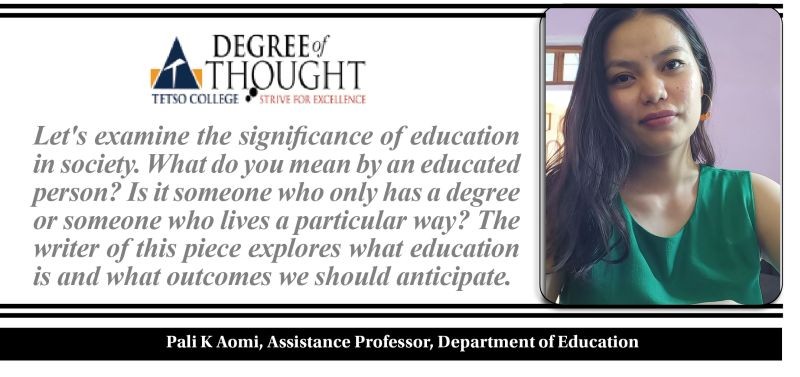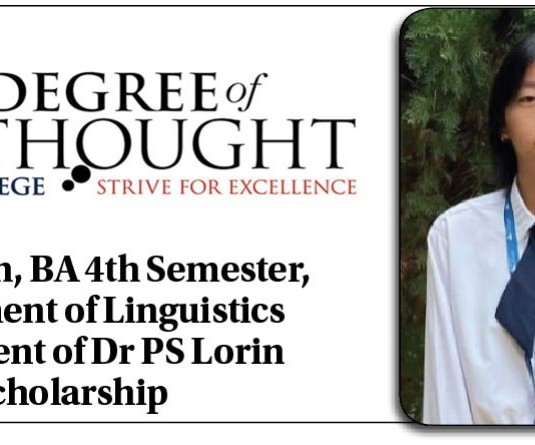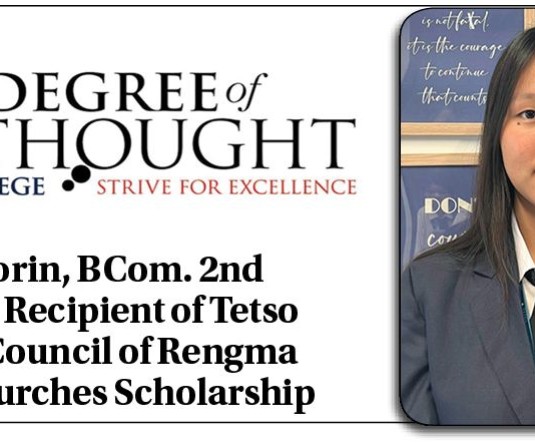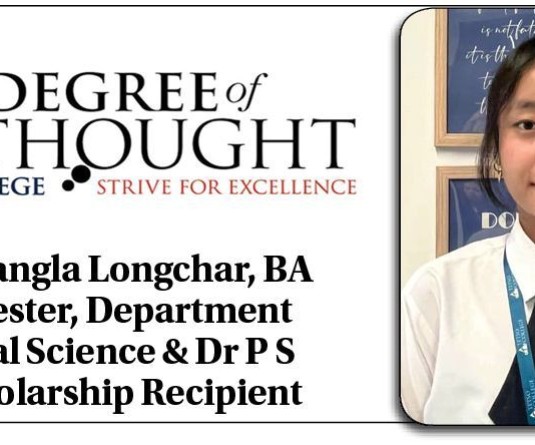
Traditionally, the idea of an educated person focuses only on the academic aspects of a person’s life. Anyone who goes to educational institutions to get degrees or acquire academic qualifications is considered an educated person. Quantity was often emphasized over quality. Education today has evolved drastically, from the blackboard to e-learning.
dvancement in the technological field has undoubtedly given a new aim and version to education. Skilled and creative human resources have become the new objective. Now the question is, is it enough? Will only a skilled and creative person be counted as an educated person? The question of what makes a person educated is intriguing and tricky at the same time at any level, and a definite answer to this question is still not addressed.
Jeil Anderson in his paper pointed out that to be considered educated, a person should leave school or college with a deep understanding of themselves and how they fit into the world and have learned some "soft skills"—complex problem solving, creativity, the ability to manage themselves, and the ability to be a lifelong learner.
The number of degrees somebody has won't necessarily indicate how well-educated they are. The essence of a well-educated individual can be seen in how he chooses to use his newfound skills and knowledge for good while also preserving it. The need of the hour is to preserve and foster knowledge, ethics, and values, as ignorance in these areas is the main contributor to many social issues in society.
A well-educated person lives by the moral principles and wisdom that are required if you want to thrive as a human being. To fit into the modern social strata, this element of education is either overlooked or neglected. The younger Naga generation is particularly affected by this gap in education. In terms of literacy, 79.55% is the literacy rate of Nagaland, but are we upholding that standard? It can be clearly seen that literacy alone isn't the answer; it is important, but it is only one factor in education, and it shows that we need to go beyond just having a degree and being literate. As rightly said by Mahatma Gandhi, by education I mean all around drawing out the best in the child and man—body, mind, and spirit.
When it comes to education, we have to look at the impact of technology and how undeniably revolutionary it is for mankind, but we cannot solely rely on technology alone because education is much more than the tools. We have also seen the negative impact that technology has; it does create less human interaction, and our dependence on it has increased. It is important to remember that technology shouldn’t be the central focus, as it can hinder the most important qualities of education; it should be a tool and not a way of life.
So, how has your education impacted your life? What changes would you make if you had the authority? The right education impacts how individuals speak, act, and live morally and sensibly. If not, it is about time to ponder, act, and improve your life.
The Degree of Thought Column is a weekly community column initiated by Tetso College in partnership with The Morung Express. The column explored contemporary social, cultural, political, and educational issues and challenges around us. However, the views expressed here do not reflect the opinion of the institution. Tetso College is a NAAC-accredited, UCG-recognized Commerce and Arts college. Currently, the Degree of Thought Column is managed by the department of Mass Communication, and the editorial team are Dr Jenny Lalmuanpuii, KC Gabriela and Rinsit Sareo. For feedback or comments, please email:
dot@tetsocollege.org.






